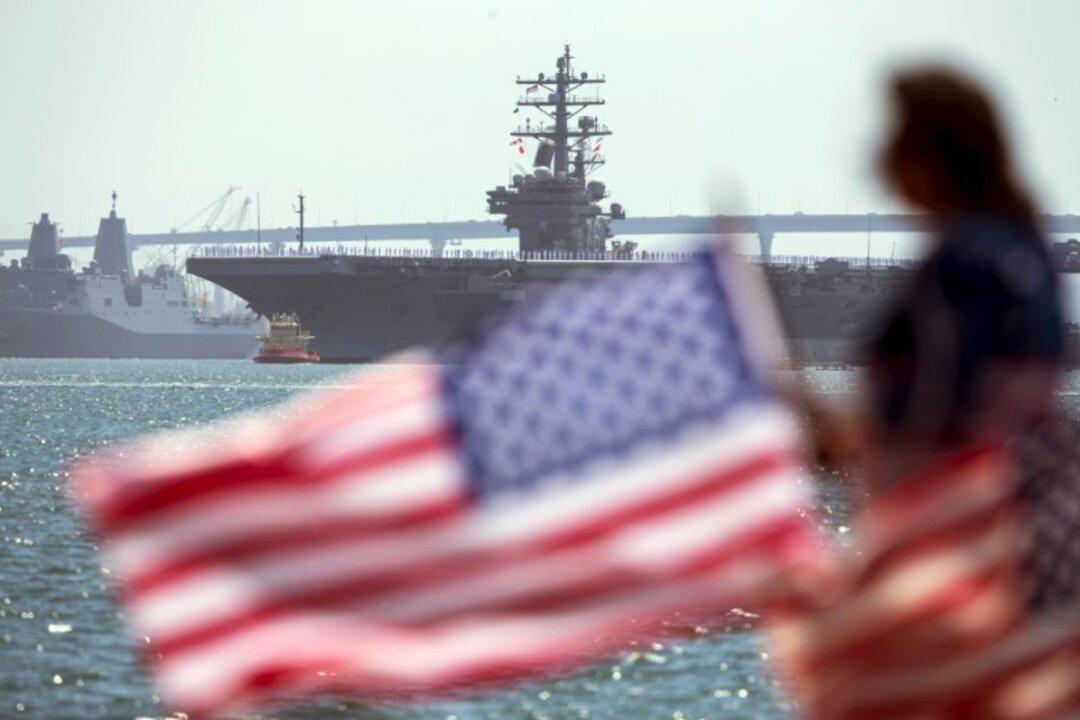The U.S. military has decided it will stop providing some of the more granular data about CCP (Chinese Communist Party) virus infections within its ranks out of concern that the information might be used by adversaries as the CCP virus spreads.
The Epoch Times refers to the novel coronavirus, which causes the disease COVID-19, as the CCP virus because the Chinese Communist Party’s coverup and mismanagement allowed the virus to spread throughout China and create a global pandemic.





